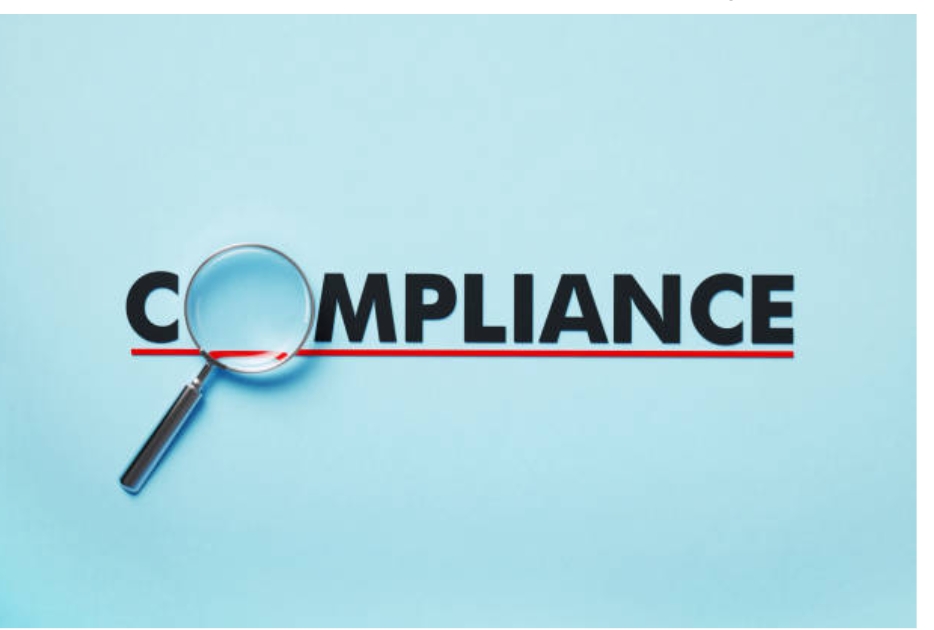Companies can greatly benefit from regulatory compliance. Different industries have different compliance frameworks and, thus, requirements. Nevertheless, implementing regulatory compliance is critical to ensuring a robust business and a successful economic landscape. In the contemporary business world, there are advancements in laws and regulations globally. To comply with them can be challenging because of the continuous development of the business landscape. To overcome this challenge, this is where the role of RegTech comes into play. The rigorous use of technology in regulatory compliance not only prevents a business from legal processes but also enhances confidence in its compliance program.
What is Regulatory Technology and Its Evolution Over the Years
RegTech is a modern shift in the world of business, helping them to manage their regulatory compliance. Despite being a new concept, corporations are gradually adapting to this innovation. This includes machine learning, real language processing, artificial intelligence, blockchain, and other technologies that have revolutionized the whole paradigm of regulatory compliance.
Regulatory technology is basically the union of regulatory compliance with the convenience provided by technology. There are numerous tools, including data analytics, cloud computing, and Artificial intelligence. Without RegTech, financial institutions will not be able to navigate intricate compliance procedures. However, regulatory technology has enabled them to monitor real-time risks and help them adapt quickly to regulatory changes.
The Role of RegTech
By employing the power of technology, RegTech is streamlining the process by enhancing accuracy, adding more value to the company’s reputation.
Monitoring and Risk Management in Real Time
Regulatory compliance can not function fully in the present world. This is because companies have shifted to automated procedures to improve compliance efficiency. Technology within the compliance framework allows businesses to determine and manage potential risks proactively. In this way, companies can analyze whether they are equipped well enough to navigate the complex structure of RegTech compliance.
Continuous Adherence to the Regulatory Changes
In the forever-changing landscape of regulatory compliance, staying up-to-date on the regulations is crucial. RegTech provides swiftness and flexibility which allows financial institutions to adapt to the modified regulations. This technology enables organizations to ensure regular adherence to the latest compliance rules.
More Trust and Confidence
Regulatory compliance is usually confined to lawful obligations. However, there is much more to it that must be followed by all businesses. Companies that embrace RegTech automatically demonstrate their commitment to integrity, credibility, and regulatory compliance.
RegTech: Cost-Effective Tool for Risk Mitigation?
Investing in advanced technology tools can elevate upfront costs; however, implementing effective RegTech can allow firms to ensure the efficiency of the compliance program within a budget. With the automated regulatory compliance structure, it is easier to conduct repetitive compliance operations. This cost-efficient compliance procedure reduces the reliance on time-consuming manual systems.
Advantages of Incorporating RegTech in Business
- Enhanced Accuracy
One of the main and promising advantages of regulatory compliance is improved accuracy. We know that analyzing things in a human way has certain limitations. However, the infusion of technology in the systems allows for efficient operations. In addition to that, regulatory compliance also minimizes the possibility of human error. This eventually leads to more accurate reporting and reduced non-compliance risks.
Improved Risk Management
With careful identification of the potential problems, companies can avoid threats that could arise from not complying with the laws and regulations.
- More Productivity
The implementation of compliance regulations is not an easy task. It demands the full attention of the corporate compliance officers. Automated regulatory compliance technology frees the compliance teams from tedious tasks. All the basic work is done by the RegTech software, which is not only more up-par but also saves time.
The Future of Reg Tech
RegTech’s future is overflowing with possibility, fueled by innovation and the constant demand for streamlined compliance. Expect RegTech to be easily linked with essential company activities, automating tasks and enabling real-time compliance checks. AI and machine learning will be used to improve risk prediction and regulatory reporting. Secure RegTech platforms will improve collaboration between regulators and businesses by increasing transparency and optimizing operations.
As RegTech deals with more sensitive data, strong cybersecurity safeguards will be essential. Finally, RegTech will evolve to meet the changing regulatory landscape, allowing firms to comply with new requirements swiftly and efficiently. This translates into a future in which RegTech enables firms to achieve seamless compliance, proactive risk management, and a competitive advantage.
The Takeaway
The RegTech serves as an esteemed ally as the compliance requirements continue to evolve and progress continuously. Technology features, such as real-time monitoring, signal the elements of a technology-driven strategy. In case of any deviation, CMS tools immediately monitor it, enabling on-time and suitable actions. RegTech is a fully functional system that saves organizations from hefty breechings, penalties, and lawful and reputational outcomes.







